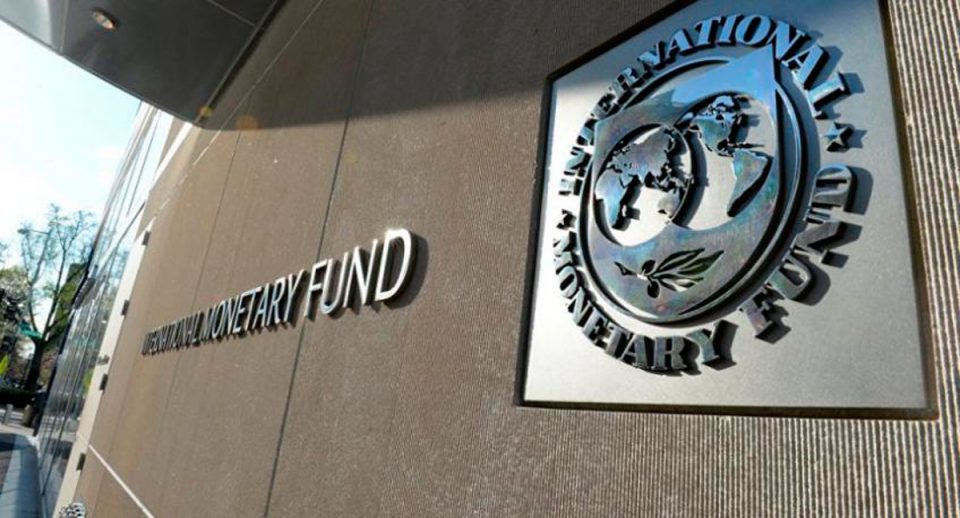- Emerging markets lose $100bn in 2 months
The International Monetary Fund (IMF ) has again warned that the global economy would end 2020 smaller than it started it due to the disastrous consequences of the COVID-19 pandemic.
Its Managing Director, Kristalina Georgieva, who spoke at a UN event on Financing for Development in the Era of COVID-19, said about 170 countries, and almost 90 per cent of the world, would be worse off by the end of this year despite efforts by governments to financially stimulate their economies
According to her , the current downturn is anything but simple. “The COVID-19 crisis is first and foremost a human tragedy, and it is more complex, more uncertain, and more severe than anything we have seen in living memory.”
In April, the IMF projected global output to shrink by 3.0 per cent this year. Recent data released suggests the global contraction may be even worse than that. We do expect partial recovery in 2021, and highly value the decisive actions taken by policy makers around the world to stabilize the economy.
The focus of her presentation was the fund’s interventions to enhance the global financial conditions for coping with the crisis, how they affect emerging markets and developing countries as well as how it is helping its members.
Nigeria, a key commodity exporter with very fragile economy, has been badly hit alongside several other African countries since COVID-19 was declared a global pandemic in March 11, 2020 as all its economic buffers have been eroded. Crude oil prices, the country’s major revenue earner fell below its budget benchmark of $57 while exchange rate spiked to over N400 at the autonomous market, leading to a revision of economic indices by the Muhammadu Buhari administration
While admitting that previous actions taken after the global financial crisis to strengthen financial sector resilience paid off – as banks are now well capitalized and macro-prudential regulations provide much needed protection, she noted that Nigeria’s central bank among others responded swiftly and forcefully to the dramatic shock of this crisis as, in February and March, as volatility spiked, liquidity deteriorated significantly, and massive asset market dislocations took place.
By cutting interest rates, purchasing over US$4 trillion of assets and announcing plans for more, and introducing foreign currency swap lines, major central banks helped abate strains in financial markets, and ease global financial conditions. She said
But we are not out of the woods yet. Financial conditions remain dependent on uncertain economic and health developments, and countries are now facing the prospect of rising bankruptcies, which could affect banks, particularly those with weaker buffers.
“To counter the impact of the crisis and support recovery, we advocate continued fiscal support, especially for workers and small and medium-sized enterprises. Globally, fiscal actions so far amount to about US$9 trillion and significant further efforts will be needed in the months ahead.”
With regard to how the crisis is impacting financial conditions in emerging markets and developing economies, the IMF boss regretted that in just two months of the crisis investors pulled more than US$100 billion out of emerging markets—more than three times larger than during the global financial crisis.




